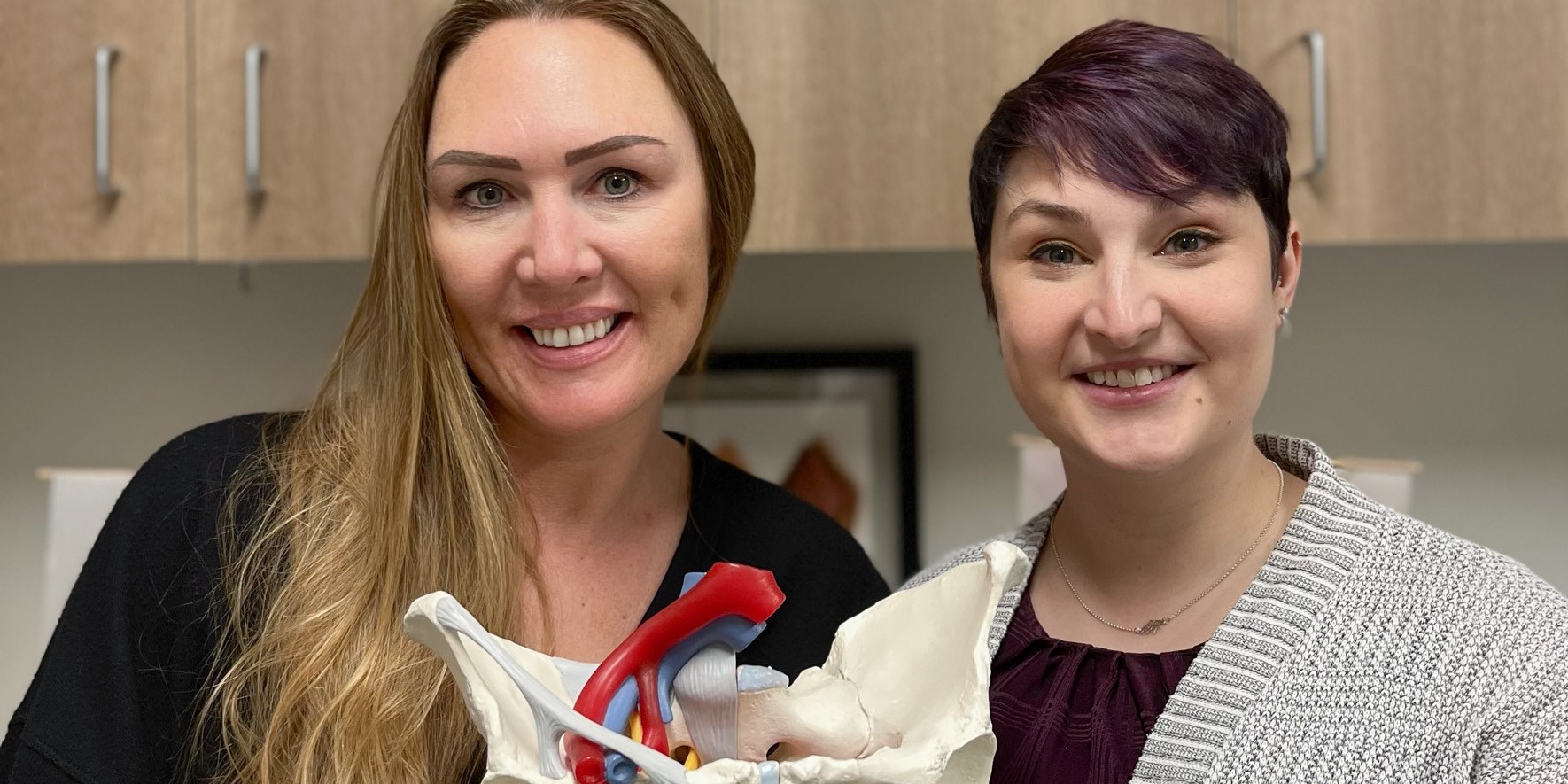Vitamin D and pelvic health
What pelvic symptoms can vitamin D deficiency be causing in our pelvic rehab patients?
Vitamin D deficiency has been researched heavily in relationship to topics such as autism, fertility, multiple sclerosis, orthopedic health, muscular pain, osteoporosis, as well as pelvic floor health. Deficient levels of the vitamin have been reported as reaching "pandemic" levels, with risk factors including old age, dark skin, obesity, Chrohn's disease, occupations that require indoor activity, or living in cultures that require covering of face and body. The use of sunscreen to prevent UV exposure has also been linked to poor vitamin D levels as the sun is one way that we receive vitamin D.
Following is a brief list of research that has linked vitamin D to pelvic health issues:
- A study published this year reported that symptoms of dysmenorrhea were significantly reduced with administration of a single oral dose of vitamin D.
- Research regarding prostate cancer prevention is thought to be assisted by Vitamin D, with animal model research demonstrating protective effects, yet significant questions remain about the true effects in human populations.
- Vitamin D deficiency is associated with urinary incontinence in men in this national study, and also with other lower urinary tract symptoms.
- Higher vitamin D levels are reported in this research to be associated with a lower rate of pelvic floor disorders in women including urinary incontinence.
It is also important to be aware of comorbid conditions and current medications as both can lead to vitamin deficiency.According to the National Institute of Health's (NIH) Quick Fact sheet, medications that may interfere with vitamin D include corticosteroids, weight-loss drugs such as Alli, the cholesteral lowering drug cholestyramine, and some anti-epilepsy medications. The NIH has a more detailed fact sheet for health professionals that can be accessed here.While it may or may not be in your scope of practice to prescribe nutritional supplements, it is appropriate to share research reports and to inquire if the patient has had nutrient levels, such as vitamin D, checked by her physician. Further research may clarify the effects of low vitamin D levels in the body which are critical for healthy function.
By accepting you will be accessing a service provided by a third-party external to https://hermanwallace.com/






































